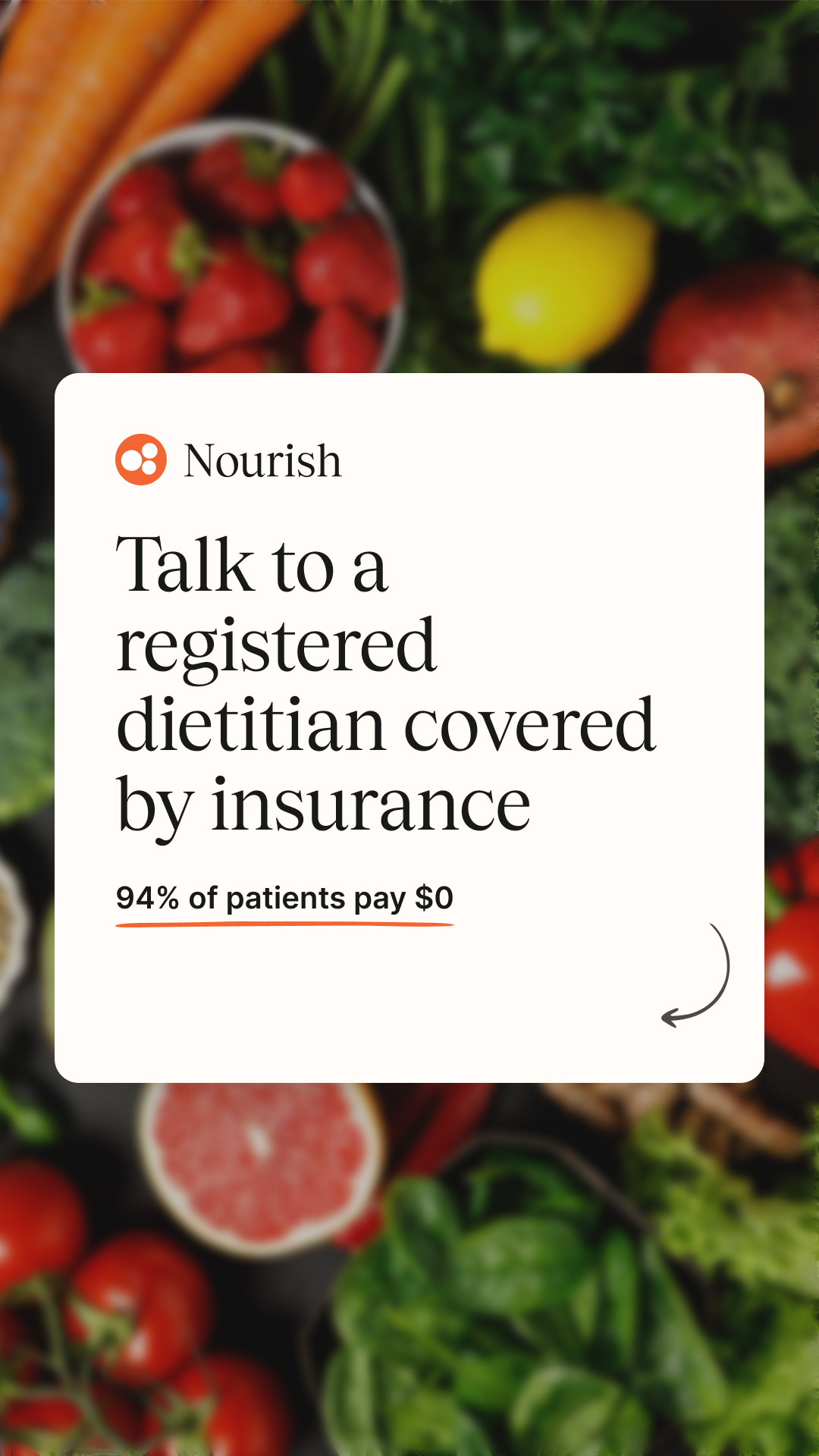I’m sure you’ve heard lots about vitamin D.
“We get it from the sun!”
“You need it for strong bones!”
“Sometimes it’s in milk!”
All of that is true, and we’re going to dive in today into what some of the recent research says about this important vitamin. (I have linked all of the research articles at the end!)
What is Vitamin D?
Vitamin D is a fat-soluble vitamin (meaning it needs the fat in your diet to be absorbed, and it is kept longer in your body than other vitamins because it is stored in your fatty tissue!) that acts as a steroid hormone. Vitamin D deficiency is the most common deficiency in the United States.
This vitamin is necessary for a variety of purposes, including regulating our blood levels of calcium, keeping our intestines healthy, maintaining our immunity, reducing inflammation in our cardiovascular system, and helping out our pancreas, muscles, brain, and more!
There are two main forms of vitamin D: D2 and D3. Based on my research, D3 is more readily absorbed and retained by the body. It is the form that is synthesized from the sun when UVB rays come into contact with our skin, and is found in animals. One study done in 2012 and published in the American Journal of Clinical Nutrition found that vitamin D3 was more effective in raising serum vitamin D levels compared to vitamin D2.
What Happens If I Don’t Get Enough?
It is difficult for many of us to get enough vitamin D every day. Spending time outside is not as common as it used to be!
Lack of vitamin D intake has been linked to fragile bones, depression, and a lowered immune system. For women especially, vitamin D is important since it helps our bones absorb calcium that we need for strong bones. When we get older, women are at a greater risk for osteoporosis, a condition that causes our bones to become weak. We need all the calcium we can get, especially while our bones are still forming, and before they stop increasing in strength and density (this happens around our early thirties).
Vitamin D deficiency is also the cause of Rickets in children. Rickets is a condition in which your bones lack enough calcium, and so they are not able to form properly and you may appear to be “bow-legged,” or have legs that curve abnormally. Thankfully, this is rare in the United States due to the fortification of foods!
Symptoms of vitamin D deficiency include:
- getting sick often, wounds healing slowly (impaired immune response)
- bone pain
- depression
- muscle weakness
Although there has been a significant amount of debate amongst professionals in regards to what the optimal level of vitamin D is, these are the current USDA recommendations:
- Everyone 1 year old to 69 years old: 600 IU per day
- Everyone 70 years and older: 800 IU per day
How Can I Make Sure I Get Enough?
1) Spend time outside!
Spending anywhere from 5-30 minutes outside with no sunscreen (which blocks those necessary UVB rays) helps you get the vital vitamin D you need. Plus, many of the activities that get you outside also promote physical activity! Here are some ideas to get you started:
- Go for a walk with your dog, family, or a friend.
- Start or tend to a garden or plants.
- Go swimming!
- Ride your bike.
- Consider eating one meal a day outdoors!
- Read outside.
Leave more ideas for how to get outside in the comments!
2) Eat your vitamin D!
Diet is a great way to get vitamin D. Although most people are not able to get a sufficient amount of vitamin D from their diet alone, it is important to consume foods that are high in vitamin D in addition to spending more time outside!
Foods high in vitamin D include:
- egg yolks
- shrimp
- fortified milk & cereals
- salmon, sardines, canned tuna
- beef liver
3) Supplement with vitamin D, but use caution and consult your physician first.
If you are concerned about getting enough vitamin D, I encourage you to try the above methods before you supplement it! However, it is possible to attain your daily vitamin D needs by supplementing as well. Most multivitamin supplements contain adequate amounts of vitamin D, so this may be a good option for those who are unable to take advantage of the options above because of lifestyle, illness, or geographic location!
Make sure you consult your doctor before you begin taking any supplements, and inform your healthcare provider if you are taking any vitamins or herbal supplements, whether they are in pill, powder, liquid, or any other form! Supplements and herbal products may have important medication interactions, so it’s always important to share this with your healthcare provider at your next visit.
Lastly, as I mentioned before, vitamin D3 seems to be the more effective supplement for raising serum vitamin D levels, so look for D3 when you are searching for supplements!
TL;DR
Vitamin D is an important vitamin that is necessary for many of the body’s daily functions. We need it for strong bones, a healthy immune system, and heart health. It can be attained through spending time outdoors, through the diet, and through supplementation if desired. Make sure to let your doctor know if you begin taking any supplements, but don’t forfeit diet and physical activity because taking a supplement is more convenient!
Research Articles/Sources:
1) Vitamin D: The “Sunshine” Vitamin, Nair and Maseeh
2) National Institutes of Health: Health Professional Fact Sheet



Awesome article.
So much info! Thanks for sharing all of this and taking your time to explain things simply.